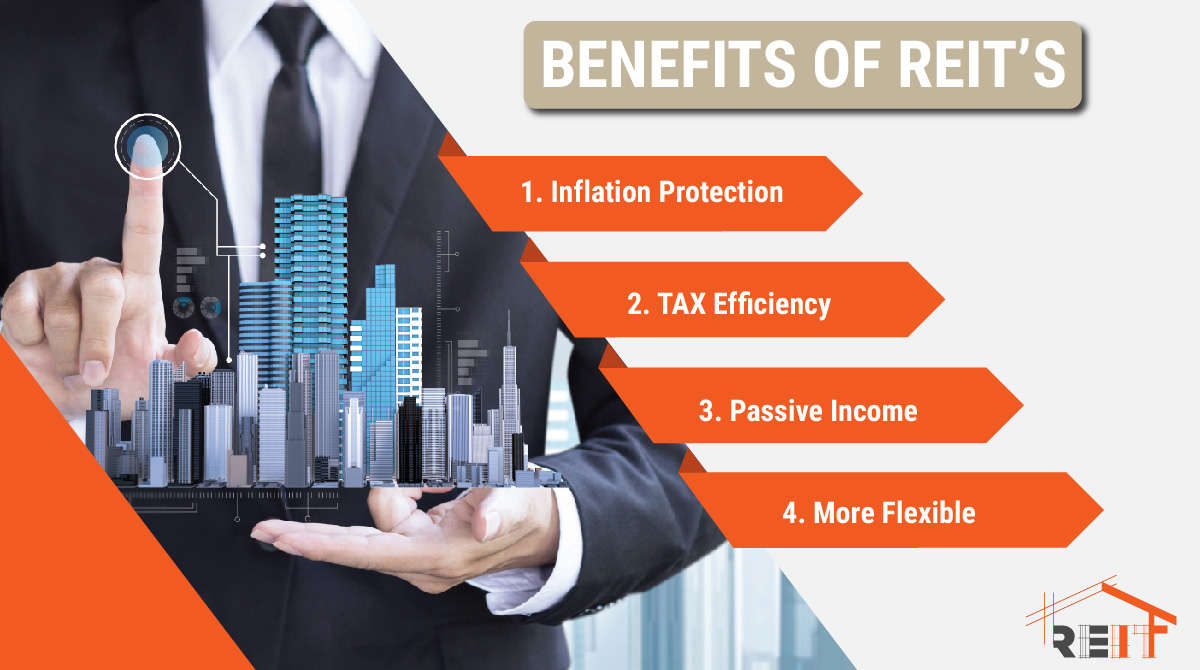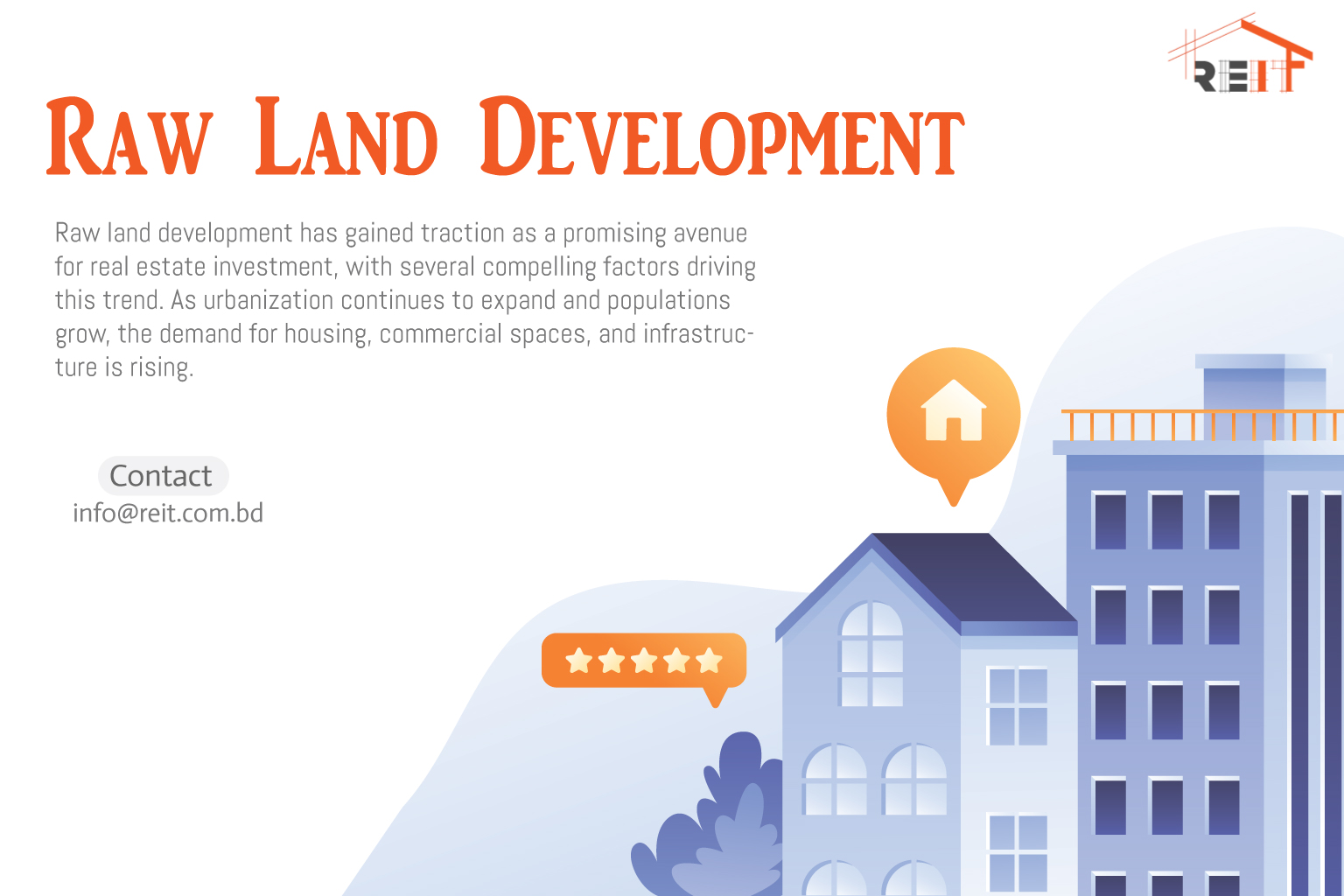Real Estate Investment Trusts (REITs) offer an accessible way for individuals to invest in large-scale, income-producing real estate without the burden of buying or managing physical properties. By pooling capital, REITs allow you to own a portion of massive assets like data centers, hospitals, and warehouses, providing a steady stream of dividend income and long-term capital appreciation.
Key Takeaways
- Accessible Income: REITs are required by law to distribute at least 90% of their taxable income to shareholders as dividends.
- Liquidity: Unlike physical property, publicly traded REITs can be bought and sold instantly on major stock exchanges like the NYSE or DSE.
- 2025 Market Trends: Global REIT markets are projected to reach $4.28 billion in 2025, with Healthcare and Data Centers being the fastest-growing sectors.
- Investment Ease: Beginners can start with as little as the price of a single share (e.g., BDT 350 or $50) through a standard brokerage account.
What is REITs?
Real Estate Investment Trusts (REITs) are companies that own, operate, or finance income-generating real estate across various sectors. Modeled after mutual funds, they allow investors to buy shares in a professional real estate portfolio. To qualify, a firm must invest at least 75% of assets in real estate and earn most of its income from rents or mortgage interest.
How Does a Business Become a Real Estate Investment Trust?
To be officially recognized as a REIT (primarily under IRS or regional regulatory guidelines like BSEC), a corporation must meet these specific criteria:
- Asset Test: Invest at least 75% of total assets in real estate, cash, or U.S. Treasuries.
- Income Test: Derive at least 75% of gross income from rents, mortgage interest, or property sales.
- Dividend Rule: Distribute a minimum of 90% of taxable income to shareholders annually.
- Ownership: Be managed by a board of directors and have at least 100 shareholders after its first year.
- Concentration: Ensure no more than 50% of shares are held by five or fewer individuals.
How to Invest in REITs?
To invest in REITs, you typically open a brokerage account and purchase shares of publicly traded trusts, just like buying stocks. You can also gain exposure through REIT Mutual Funds or Exchange-Traded Funds (ETFs), which provide instant diversification across hundreds of properties and multiple real estate sectors.
Step-by-Step Investment Process
- Open a Brokerage Account: Use platforms like Charles Schwab, Fidelity, or local Bangladeshi brokerages.
- Select Your REIT Type: Choose between Equity REITs (own property) or Mortgage REITs (own debt).
- Analyze Metrics: Look for the Funds From Operations (FFO) rather than net income, as FFO better reflects a REIT’s cash flow.
- Execute the Trade: Buy shares during market hours. For example, a single share in Realty Income or a local trust may cost very little, making it highly affordable.
What are the Different Types of REIT Investments?
The REIT market is categorized into several sectors, each reacting differently to economic cycles. In 2025, technological and demographic shifts have made certain sectors more resilient than others.

- Residential REITs: These entities own and manage multi-family apartment buildings and manufactured housing. Demand remains high due to global urbanization trends.
- Healthcare REITs: With an aging global population, these trusts invest in hospitals, nursing homes, and senior living facilities. This is currently the fastest-growing sector.
- Industrial REITs: These focus on warehouses and logistics centers. Driven by the e-commerce boom, companies like Prologis dominate this space.
- Office REITs: These invest in office buildings. While remote work created challenges, high-quality, sustainable office spaces in “trophy” locations are seeing a 2025 rebound.
- Data Center REITs: Essential for the AI revolution, these trusts own facilities that house servers for tech giants. Equinix and Digital Realty are key players here.
- Mortgage REITs (mREITs): Instead of owning land, they provide financing by purchasing or originating mortgages and mortgage-backed securities (MBS).
REITs vs. REIT Mutual Funds: Which is Better?
Choosing between an individual REIT and a Mutual Fund depends on your need for diversification and risk tolerance.
Feature | Individual REITs | REIT Mutual Funds |
Diversification | Focused on one company/sector | Broad exposure to many REITs |
Income | High dividends (90% payout) | Professional dividend management |
Control | You choose specific properties/sectors | Managed by a fund manager |
Liquidity | High (Stock Exchange) | High (NAV-based) |
Best For | Experienced investors | Beginners seeking stability |
Pros and Cons of Purchasing REIT Stocks
5 Major Benefits
- Competitive Returns: Historically, REITs have outperformed the S&P 500 in total returns over several decades.
- Inflation Hedge: As inflation rises, property values and rents typically increase, protecting your purchasing power.
- Passive Income: Monthly or quarterly dividends provide a reliable “rent check” without the hassle of being a landlord.
- Liquidity: Unlike a house that takes months to sell, you can exit a REIT position in seconds.
- Transparency: Public REITs are regulated by the SEC or local commissions, requiring audited financial disclosures.
4 Potential Risks
- Interest Rate Sensitivity: When interest rates rise, REIT prices often drop as borrowing becomes more expensive.
- Taxation: Dividends are often taxed as ordinary income rather than at the lower capital gains rate.
- Market Volatility: Since they trade like stocks, they are subject to daily market swings regardless of the underlying property value.
- Growth Limitations: Because they must pay out 90% of earnings, they have less cash to reinvest in new acquisitions without taking on debt.
Investing in REITs: The Bangladesh Context (2025)
The real estate market in Bangladesh is projected to reach $2.84 trillion in value by the end of 2025. While the formal REIT market is in its early stages, the Bangladesh Securities and Exchange Commission (BSEC) has introduced the Mutual Fund Rules 2025, paving the way for structured real estate investment products.
Platforms like REIT Ltd. are now emerging to provide investor-friendly services such as crowdfunding, retirement packages, and P2P lending. For a small entry fee—often between BDT 300 to BDT 1,000—local investors can now participate in the commercial growth of cities like Dhaka and Chittagong.
Frequently Asked Questions (FAQ)
Is REIT a good investment for beginners?
Yes, REITs are excellent for beginners because they require very little capital to start and do not require property management expertise. They offer a simple way to diversify a portfolio beyond traditional stocks and bonds.
What is an example of a famous REIT?
A well-known example is Realty Income (O), known as “The Monthly Dividend Company,” which owns thousands of retail properties leased to tenants like 7-Eleven and Walgreens. In the industrial space, Prologis is a global leader.
Are REITs better than physical real estate?
REITs are generally better for those seeking liquidity and diversification without manual labor. Physical real estate offers more control and potential leverage but requires significant down payments and ongoing maintenance.
How are REIT dividends taxed?
In most jurisdictions, REIT dividends are treated as ordinary income. However, in some regions, a portion of the dividend may be classified as a “return of capital,” which is tax-deferred until you sell the shares.

















